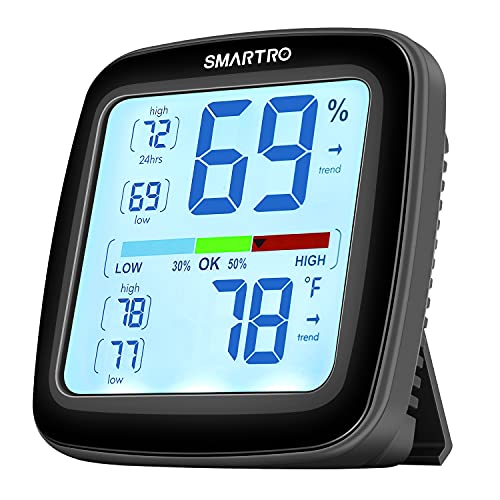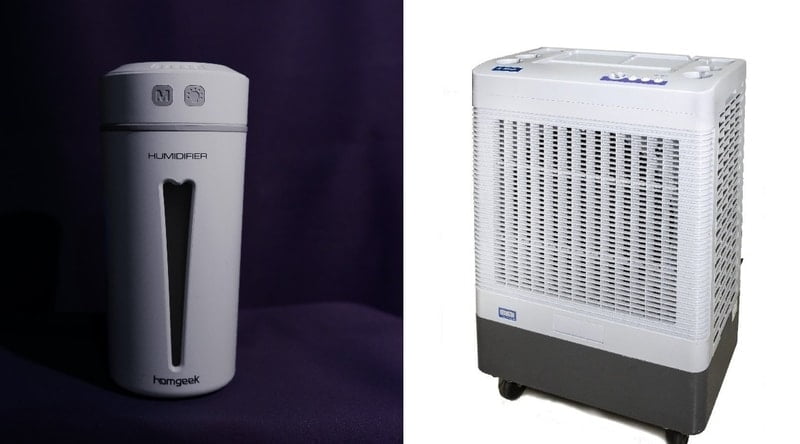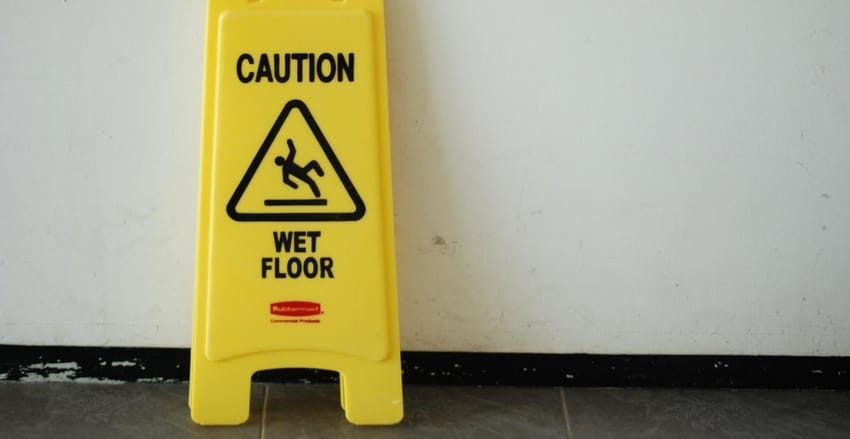Last Updated on January 2, 2024
Walt Disney once said, “There is more treasure in books than in all the pirate’s loot on Treasure Island.” We have books that are precious and need to be protected, especially ones that are close to your heart. Humidifier is one of many appliances in our homes in the vicinity of our books. Can a humidifier damage your books?
Well, I have been researching this topic for a while and decided to write a comprehensive article about effects on running humidifier on books.
Using humidifier will only damage your books if it causes relative humidity high enough to cause mold, attract book eating pests, or make papers in it flowed, swollen and spongy due to condensation. However, in low humidity, a humidifier may actually prevent your books from being brittle, rigid and dry.
If you are using humidifier in an area containing books, I would advise you to regulate relative humidity either by using a hygrometer or a built-in humidistat. Try to keep relative humidity close to 50%.
I plan to discuss in this article everything that you need to know regarding
- Effects of Using Humidifier on Books
- Techniques To Monitor and Regulate Humidifier Operation.
- Recipe to Protect Books Using Humidifier.
Hope it helps.
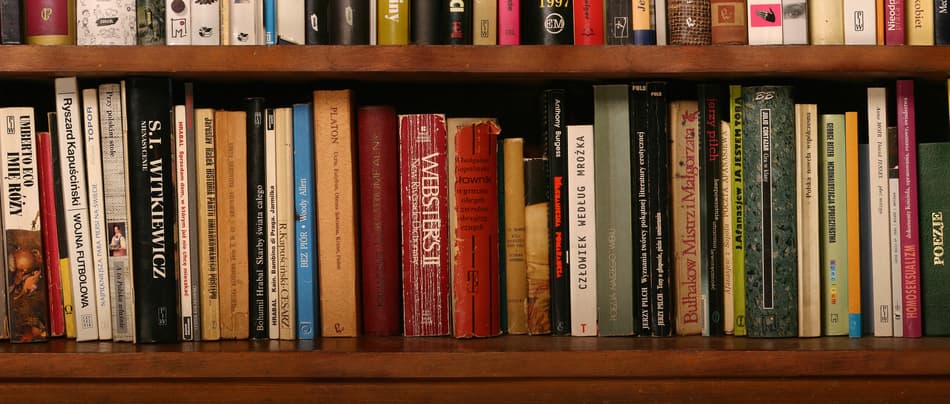
How Humidifier Can Damage Your Books?
Using a humidifier will become detrimental to your books if it increases moisture in the environment to harmful levels.
From recommendations of several experts, I approximated that relative humidity close to 50% is suitable for your books to maintain their quality and improve life.
If you could keep humidity in the room between 45-50%, it would be a decent environment for you and your books.
Also, in case you are not familiar with humidity levels in your books’ space, you may use humidifier to the extent until environment becomes comfortable for you. As according to a general rule, humidity that is good to you is also good to your books.
1. Swelling, Rippling, and Delamination of Book Pages
Continuous exposure of high relative humidity, above recommended range, will deform and deface your books.
They will become spongy, flowy and wavy in appearance. Papers may eventually disintegrate into layers, become vulnerable and lose their quality.
As a result, your experience of reading pages of books, holding it and storing it will decline. You may lose that unique effect and feeling associated with them, at least to an extent.
This can happen to your books in both situations: with or without using humidifier. In both cases, major source of damage is high humidity in the air.
If you notice this happening after you have started using humidifier, it is time to limit its use.
You can use a device called hygrometer to monitor relative humidity in the room. It will help you know how much to use your humidifier to maintain your books.
If you are not using humidifier and humidity is still affecting your books, I would suggest running a dehumidifier to bring it down to recommended levels.
2. Mold Due to Condensate Retention
Extensive humidifier operation could cause humidity in the environment high enough for air to push out water vapors in it in the form of water droplets. This is called condensation.
Actually, condensation is the not the only but major reason why your books deteriorate due to high humidity. This is especially true when humidity is well above the recommended value and temperature is relatively low.
Water from condensation will retain in your books, to damage them, in a way mentioned in the previous section.
However, if this water is not removed by lowering humidity, eventually this will lead to mold and mildew on your books.
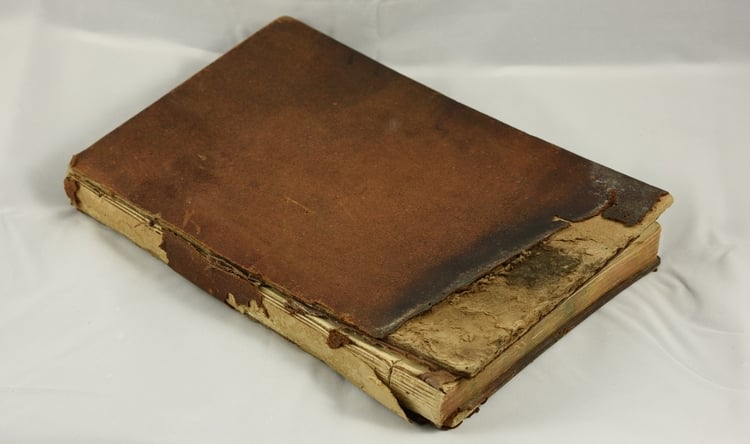
Mold on books will highly deteriorate your reading experience. More importantly, books in this condition are not safe for your wellbeing. Eventually, you will not have any choice but to let go of your precious books.
Solution is similar to what I discussed earlier. Use humidifier wisely and regulate humidity indoors, either by a built-in humidistat or a hygrometer.
Also, it is also possible that high moisture is only in particular spots of your home. In that case, you should check for local water faults and ventilation problems. After they are fixed, you can use a dehumidifier to get rid of excess moisture.
3. Attack By Book Eating Pests
Earlier, I talked about condensation as a major but not the only reason for damage to books by high humidity. The other reason I was referring to was pest insects that feed on your books and destroy them.
High humidity by excess humidifier operation can attract insects like termites, bookworms, booklice, cockroaches etc. that consume material of your books.
Some of the indications of damage to books by bugs include:
- Holes in pages
- Chew marks on book covers and bindings
- Serrated yellow pages
- Dead insects and their skin in books.
Humidity is not the only reason for pests to attract towards your books. However, it immensely supplements their growth and living. For most insects, adequate moisture is necessary to sustain and survive.
What to do, when you start noticing an increase in bugs, or begin to observe some of the signs I mentioned above:
It is time to adjust your humidifier moisture output and duration of operation.
Experiment with it and reduce operation until problem disappears. Better use a humidity monitor (hygrometer), to monitor humidity levels in different parts of your home, especially in the books section.
If you do not use any humidification system and humidity is still high, consider increasing airflow by ventilation and use a dehumidifier to reduce humidity levels in surrounding of your books.
Note:
There are other reasons for your place to have book destructive bugs too.
For example, there is a possibility of local water damage that may be attracting pests, or they were already present in your home before any of your books or humidifier.
If this continues to happen, after you maintain humidity levels in your place, by limiting use of humidifier or using a dehumidifier, it is time to look for other problems.
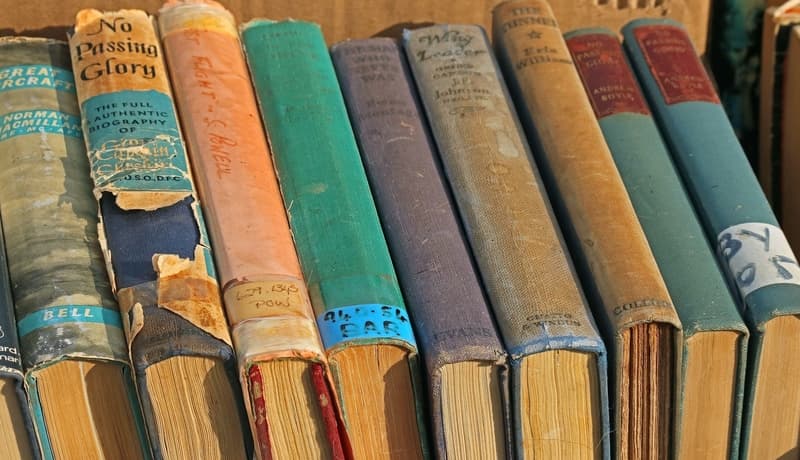
Humidifier Can Actually Protect Your Books. But how?
Just like high humidity, low humidity can damage your books too. A humidifier will help normalize humidity levels in air when it is very dry.
Try maintaining relative humidity close to 50% to protect your books and their components.
Below, I discuss several ways how a humidifier can protect your books against very low moisture content in air:
1. Guarding Your Books from Falling Apart
Most basic components of any book are its title cover and pages. They are held together by an adhesive.
You may need to open a book many times and go through its several pages. It needs to be able to do that for a long duration of time. Adhesive used for that purpose has to be strong enough to hold these pages together with the outer covering.
Very low humidity would cause flaking of adhesive. Eventually, your book will disintegrate and pages will come out of it. These pages themselves will be vulnerable due to dehydration and cracking from dry air. (More about that in next section)
A humidifier will expel enough moisture in the environment to prevent that from happening to your books.
If you notice changes to your books, that are mentioned above, limit using them for a while until humidifier normalizes relative humidity in the air.
2. Maintaining Quality and Durability of Book Pages
Consistent exposure to dry air can have drastic effects on paper. Actually, pages of books are made of cellulose, which is hygroscopic. Thereby they react to moisture in the air actively.
Humidity well below prescribed limit will cause pages to shrink and become cracked due to dryness. A dehydrated paper is more susceptible to be torn apart.
Consequently, pages of your books will have low endurance and they will be vulnerable to damage. This will limit durability of your books and reader experience will degrade due to reduced page quality.
Timely use of humidifier will prevent this from happening. It will prevent pages from losing too much moisture that may lessen their quality and life.

3. Preventing Humidity Fluctuations
High as well as low humidity is unfavorable for books. However, fluctuations between high and low values of relative humidity pose another set of problems for your books.
As I said earlier, pages of books are hygroscopic, due to high amounts of cellulose present in them. This makes them very sensitive to changes in relative humidity.
Continuous changes in humidity will cause pages to warp and wrinkle due to repeated expansion and contraction.
Consequently, you will have a bad reading experience and pages will be vulnerable. Further, if this fluctuation in relative humidity is not resolved timely, changes to pages will be irreversible.
A humidifier with built-in humidistat and accurately sized for your space will prevent these consistent humidity changes in the environment of books.
You will be able to monitor relative humidity with these kinds of humidifier and they will automatically adjust their operation based on changes in humidity they detect in the room.
4. Less Dust Pollution Around Books
Using a humidifier to regulate humidity levels and preventing them from dropping too low will reduce dust in your home.
Firstly, this would be good for your own wellbeing.
Specifically for your books though, it will prevent pest insects and bugs to approach them as they are more attracted to dusty environment.
Dust also attracts mold and mildew. In a low humidity environment, mold is unlikely, but if moisture is high in certain spots of your place, overall reduction in dust pollution by use of humidifier will reduce chances of mold growth.
Using humidifier will also reduce cleaning and maintenance of your books that will save you time.
Use Humidifier to Make a Good Environment for Books
Running humidifier can help maintain quality of your books and improve their life. However, it needs to run for right duration of time with adequate moisture output to achieve desired results.
In case you are wondering, moisture output is the rate at which moisture is released by your humidifier.
To use humidifier, in order to achieve recommended relative humidity, above two variables i.e., moisture output and running time have to be appropriately controlled.
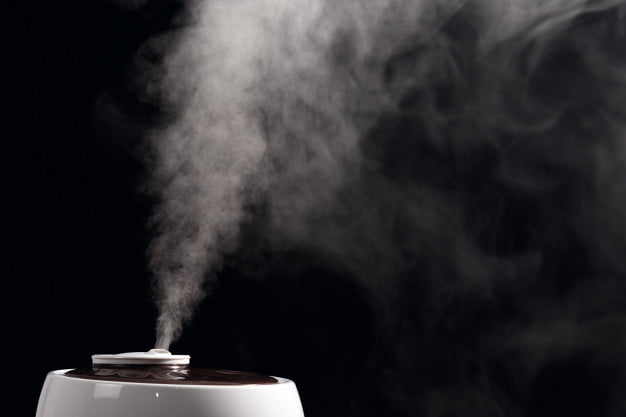
You can regulate these two variables, and ultimately relative humidity in the surrounding of your books, by two ways:
- Select a quality hygrometer to measure humidity levels in your homes, especially close to books. It will also help you compare humidity in different zones of your home. When humidity monitor indicates low humidity, turn your humidifier ON until you see recommended value on the monitor. The only drawback with this method is that you will have to monitor humidity after regular intervals.
- Use a humidifier with built-in humidistat and automatic humidity control. With this kind, all you need to do is place it in the room where you have valuable books and set it for the target humidity value. It will automatically control humidification operation to keep relative humidity close to recommended value. Click here to view my recommended humidifier with automatic humidity control.
I also selected a hygrometer for you, taking into consideration several factors, including accuracy, quality and value for money.
The reason I recommend SMARTRO SC42 Professional Digital Hygrometer is because of its high accuracy Swiss humidity sensors with tolerance of ±2%RH, which is pretty great for this price.
It can be manually calibrated and certified by Aerospace Institute for Metrology and Measurement Technology.

